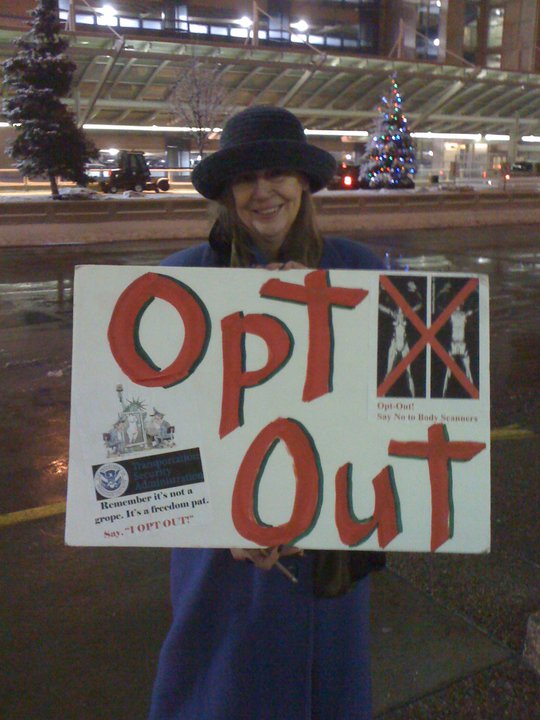Blackwater can be adjudicated under Geneva
The laws of war are binding on all combatants, regardless their willingness to be bound by the laws of war; or their belief about their accountability to any law. Combatants acting with the belief that they are not accountable to any law impermissibly allows combatants to descend to barbarism, in contravention to the objectives of Geneva in regulating combat operations.
When combatants ignore the laws of war; or, through their conduct and statements, show they are not willing to be bound by the laws of war, then the protections of the laws of war may be denied by a competent tribunal. Justice is not served when employees presuming that no laws of war hold them accountable; and/or act outside the law, yet are granted shields and immunities not afforded to similarly situated prisoners. It appears the following legal conclusions are reasonable by a grand jury, inter alia:
All evidence gleaned from the Blackwater employees was made without any _lawful_ promise by a competent _tribunal_ to grant that immunity;
All promises Blackwater employees, while under interrogation for alleged war crimes, were or should have been known to be methods to induce intelligence gathering, and secure information in a combat environment; and any method to glean information should foreseeably been known to include any method, including "foreseeable torture or abuse" including false or unenforceable promises by interrogators outside the tribunal;
Blackwater employees knew, or should have known, that the grant of immunity was not by a competent tribunal; any promise of immunity they knew could only be enforce by a tribunal; any promise of immunity by an interrogator or fact finding was or should have been known to be not enforceable as a right of any defendant acting outside US laws, or conducting their military affairs as if US laws or Geneva were not applicable;
Blackwater employees were not lawful combatants; were not protected by US law; nor were they in a position in this situation in Iraq to negotiate for protections of any laws related to immunity, shields, agreements, or contracts;
Blackwater employees and legal counsel did not reasonably conduct themselves within all legal requirements; in doing so, they do not appear to be entitled to privileges afforded only to lawful combatants;
Adverse inferences are warranted. The destruction of the evidence on the vehicles was, or should have been known to be related to an alleged effort to spoil evidence, in contravention to reasonable standards of conduct Blackwater employees knew or should have known were applicable in a serious incident; competent counsel should have immediately known that the vehicles should have been safeguarded as evidence; assertions that the vehicles "had" to be returned immediately are not supported by a reasonableness standard, especially given their alleged involvement with a serious alleged war crime involving non-combatant Iraqi civilians;
All evidence gleaned from Blackwater should be admissible; all evidence of spoliage should be fully admissible to The Hague and or war crimes tribunal, with adverse inferences. The information was obtained under interrogation conditions where Blackwater employees knew, or should have known, they might be subject to promises that were not enforceable, or they were not entitled; therefore,






